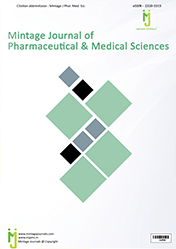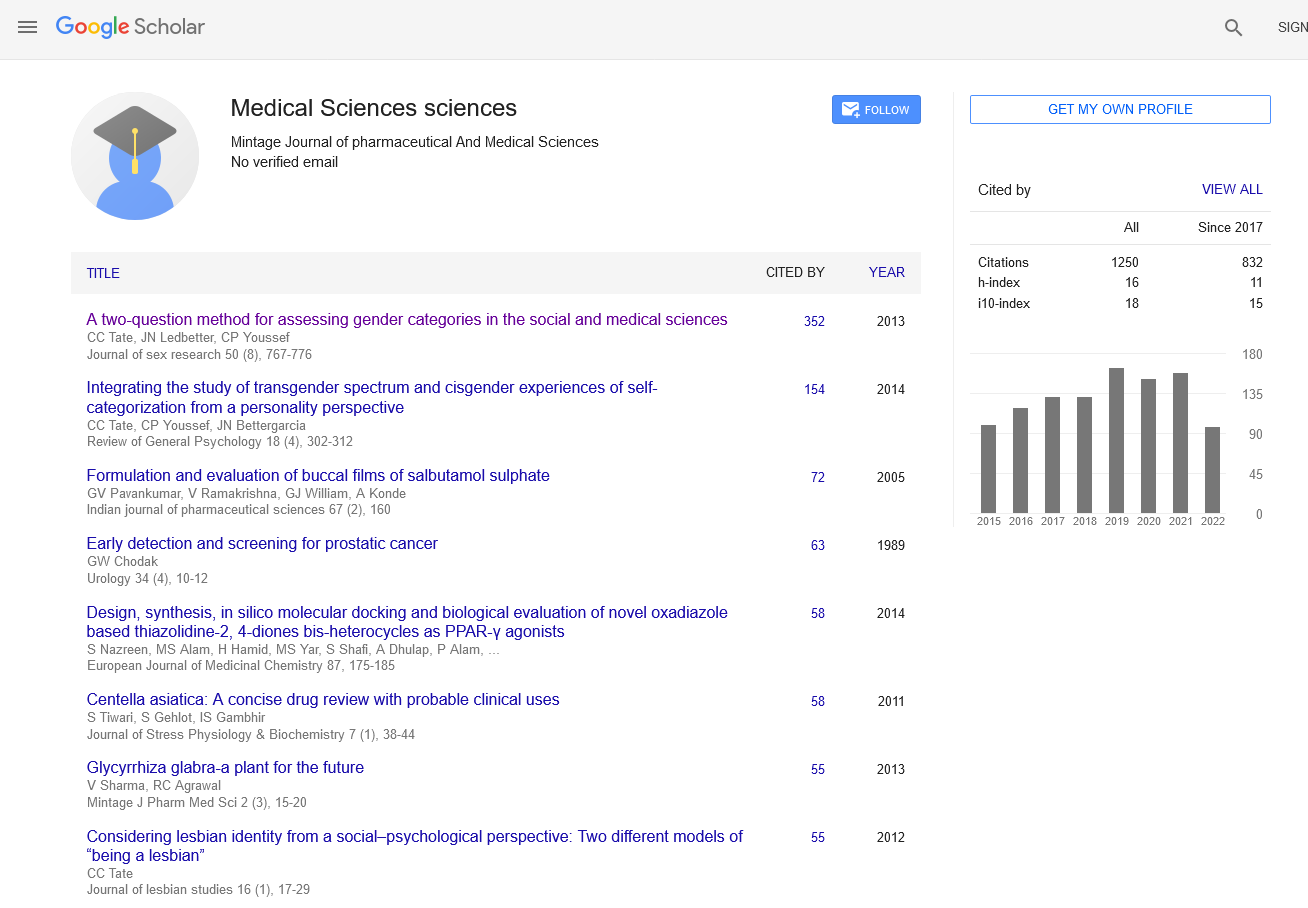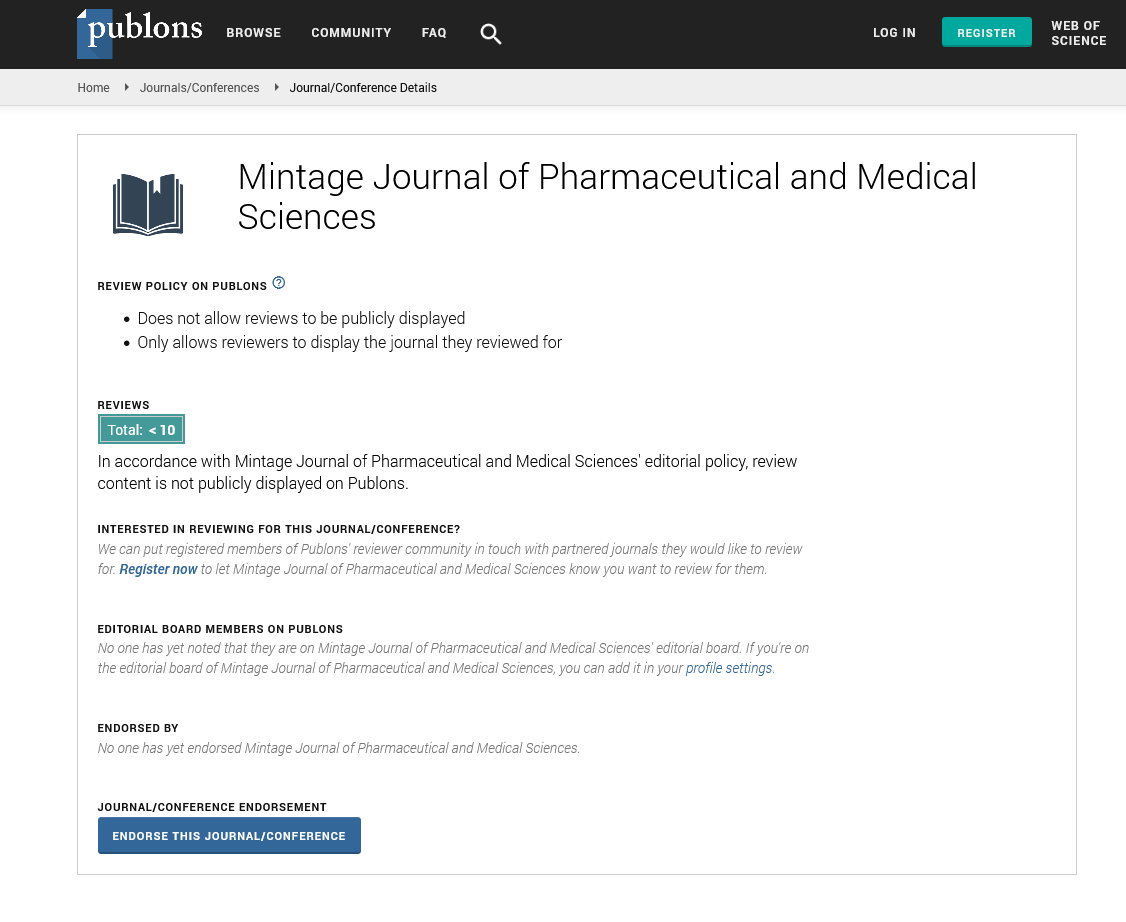PHARMACY LAW: SAFEGUARDING HEALTH AND SOCIETY
Opinion - (2023) Volume 12, Issue 2
Introduction
Pharmacy law is a crucial aspect of the healthcare system that governs the practice of pharmacy and the distribution of medications. It is a dynamic field that constantly evolves to keep pace with the changing landscape of healthcare and to ensure the safety and well-being of patients and the general public. This article explores the significance of pharmacy law, its key components, and the role it plays in safeguarding health and society.
Description
At its core, pharmacy law encompasses a set of regulations, statutes, and guidelines that dictate how pharmacies and pharmacists should operate. These laws are designed to ensure the quality, safety, and efficacy of pharmaceutical products and to prevent potential risks associated with their use. Pharmacy laws are typically enacted at the national, state, and local levels and are enforced by relevant government agencies and boards.
One of the primary objectives of pharmacy law is to establish the legal framework for the licensing and registration of pharmacists. Before pharmacists can practice, they must meet specific educational requirements, pass rigorous examinations, and adhere to continuing education mandates to maintain their licenses. This process helps to ensure that only qualified professionals with the necessary knowledge and skills are responsible for handling and dispensing medications.
Another critical aspect of pharmacy law is the regulation of pharmaceutical products. The law dictates how medications should be manufactured, labeled, stored, and distributed to maintain their quality and integrity. It also mandates that only medications approved by regulatory authorities can be sold to the public, minimizing the risk of counterfeit or substandard drugs entering the market.
Pharmacy law also addresses controlled substances, which are medications with the potential for abuse and addiction. These drugs, classified into different schedules based on their risk level, are subject to strict regulations regarding their dispensing, record-keeping, and storage. Pharmacists play a pivotal role in monitoring and preventing the misuse of controlled substances, as they are often the last line of defence in detecting suspicious prescribing patterns or potential drug diversion.
Patient privacy and confidentiality are fundamental rights protected by pharmacy law. Health information, including medication history, is considered highly sensitive and must be handled with utmost care. The Health Insurance Portability and Accountability Act (HIPAA) in the United States, for example, sets strict guidelines for safeguarding patient information and imposes severe penalties for violations.
Pharmacy law also governs the relationship between pharmacists and healthcare providers. It outlines the scope of pharmacist prescribing authority and collaborative practice agreements, where pharmacists work alongside physicians to optimize patient care. Additionally, laws may require pharmacists to provide counselling to patients about their medications, ensuring they understand the proper use and potential side effects. The emergence of e-commerce and telemedicine has introduced new challenges for pharmacy law. Regulations have had to adapt to the digital age to address issues such as online pharmacy operations, tele-pharmacy services, and the secure transmission of electronic prescriptions.
Conclusion
In conclusion pharmacy law is a vital pillar of the healthcare system that sets the framework for safe and responsible pharmacy practice. It protects patient rights, ensures medication quality and safety, and supports the essential role of pharmacists in healthcare. As healthcare continues to evolve, pharmacy law will continue to adapt to address new challenges and maintain its mission of safeguarding the well-being of individuals and society as a whole.
Author Info
Charlotte Uren*Received: 30-May-2023, Manuscript No. mjpms-23-108297; , Pre QC No. mjpms-23-108297(PQ); Editor assigned: 01-Jun-2023, Pre QC No. mjpms-23-108297(PQ); Reviewed: 15-Jun-2023, QC No. mjpms-23-108297; Revised: 20-Jun-2023, Manuscript No. mjpms-23-108297(R); Published: 27-Jun-2023, DOI: 10.4303/mjpms/236049
Copyright: This is an open access article distributed under the terms of the Creative Commons Attribution License, which permits unrestricted use, distribution, and reproduction in any medium, provided the original work is properly cited.

ISSN: 2320-3315
ICV :81.58

